China's economic achievements over the past four decades were the success of reform and opening-up, and the effective combination of market mechanisms and the government's role. So-called Chinese non-market behavior coined by the G7 unilaterally is unacceptable, a Chinese Foreign Ministry spokesperson told a regular press briefing on Monday.
Ministry spokesperson Mao Ning made the remarks after G7 finance chiefs expressed concerns in a joint communique over the weekend about China's "non-market policies and practices" that undermine their "workers, industries and economic resilience."
China does not accept G7's unilateral criteria of "non-market policies and practices," Mao said, pointing out that some Western countries' discriminatory approach toward particular countries and businesses is indeed non-market behavior, and it has distorted the market.
Efforts by the G7 to hype the so-called "China overcapacity" and attempts to place curbs on and erect barriers against Chinese new-energy products are acts that go utterly astray from the facts and against the law of economics, Mao said. "They are the product of protectionism and serve no one's interest."
Chinese experts slammed allegations of "non-market policies and practices" made by the G7 finance chiefs, saying the baseless claims reflect the toxic influence of Washington's worsening protectionism among its allies and pose a serious threat to global free trade and supply chains.
On Sunday, Jin Ruiting, a researcher at the Institute of Macroeconomic Research of the National Development and Reform Commission, the top economic planning agency, wrote in an opinion piece in the People's Daily newspaper that the overcapacity problem did not exist.
Jin said the capacity utilization rate of China's new-energy industry, with some leading electric vehicle brands maintaining a utilization rate of about 80 percent in 2023, was higher than in other countries, and in global terms, production capacity was well short of meeting market demand.
In response to the U.S. announcement that it would levy tariffs on Chinese new-energy products and the EU's so-called anti-subsidy investigation into Chinese electric vehicles (EVs) that could lead to trade protectionism, Chinese officials have vowed to take all necessary measures to defend China's legitimate rights and interests.








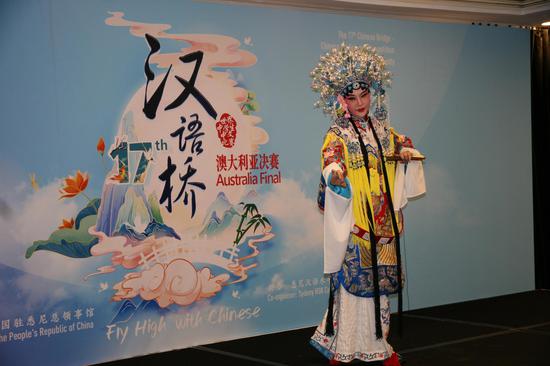



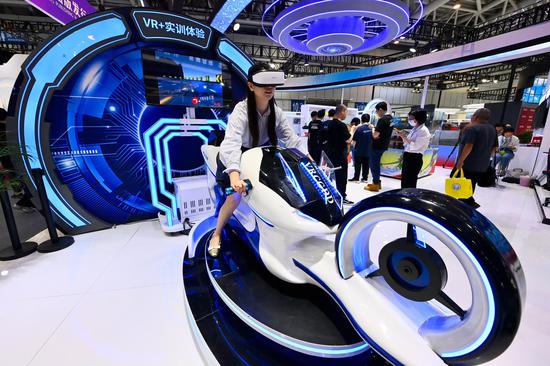


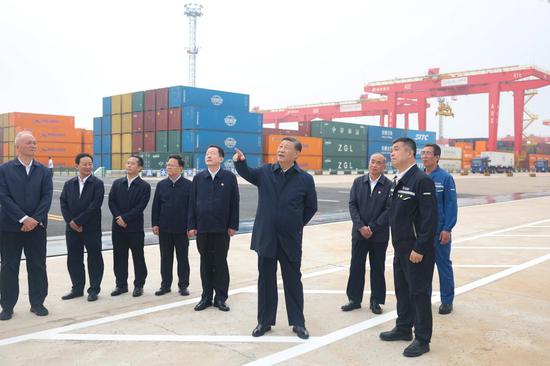

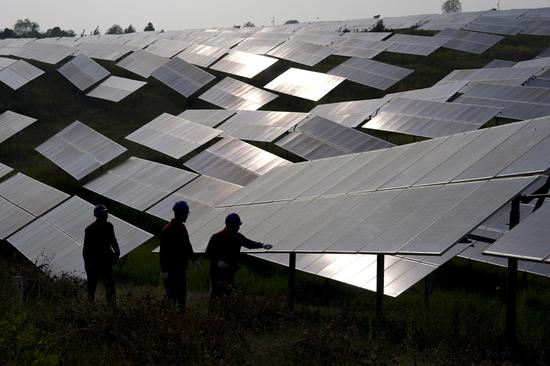

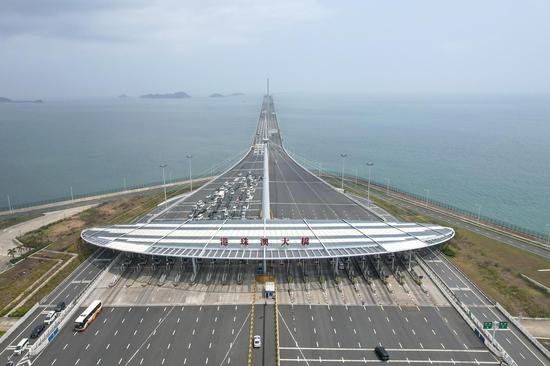




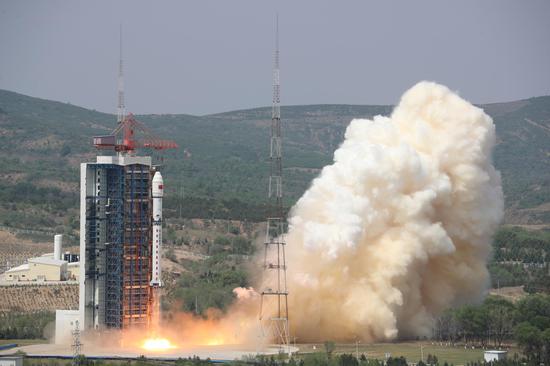

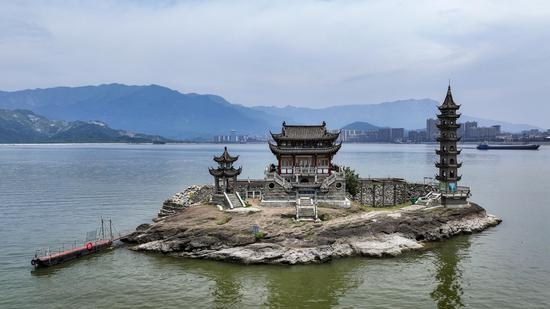
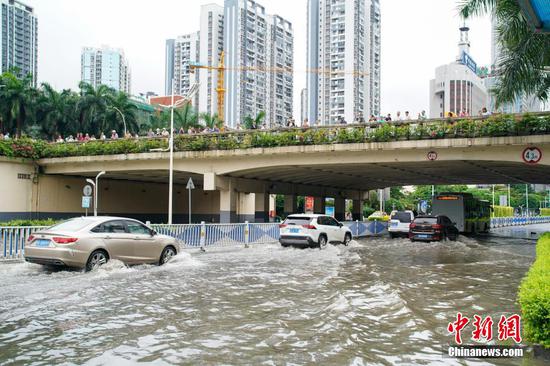



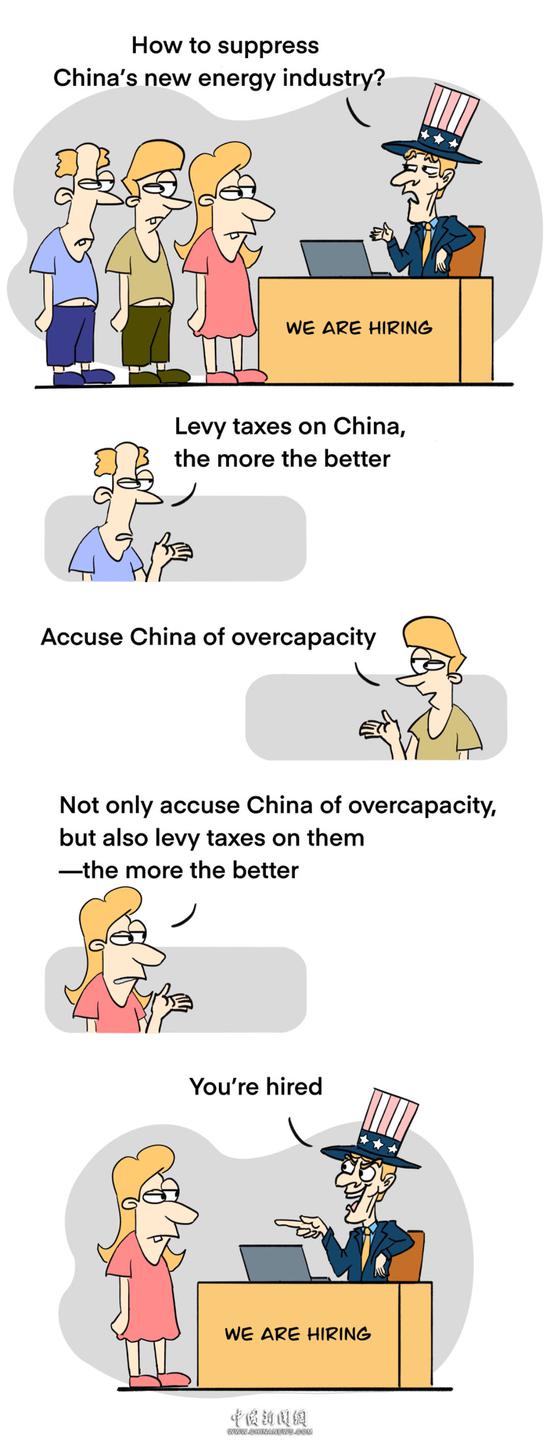
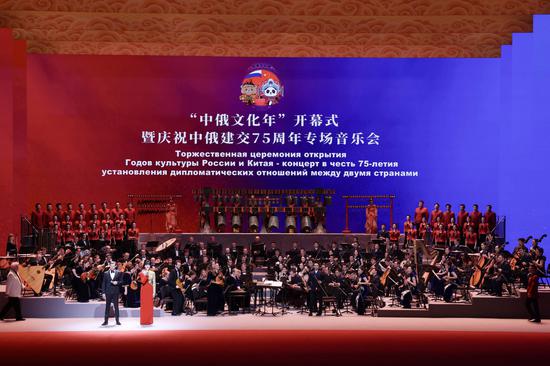


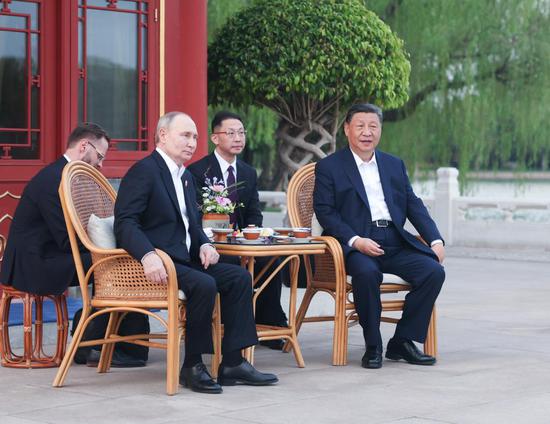
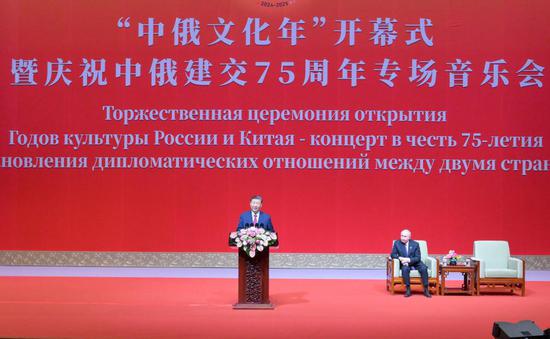
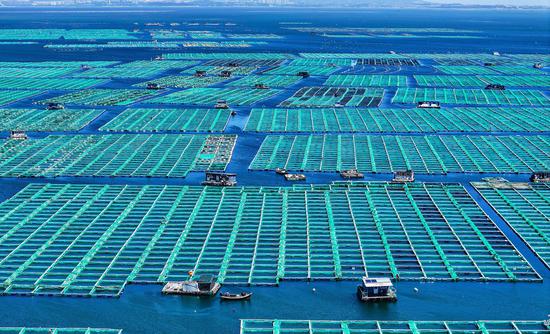



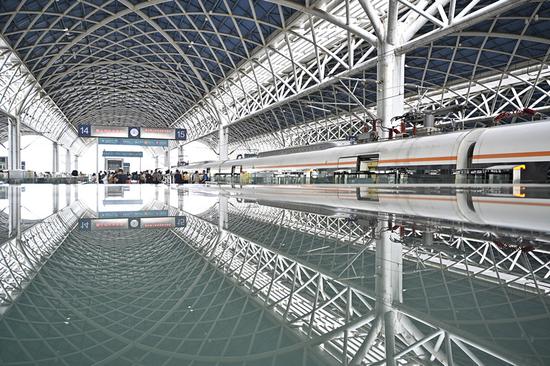

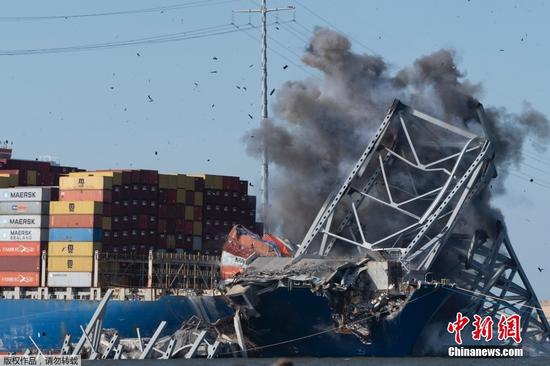






 京公网安备 11010202009201号
京公网安备 11010202009201号